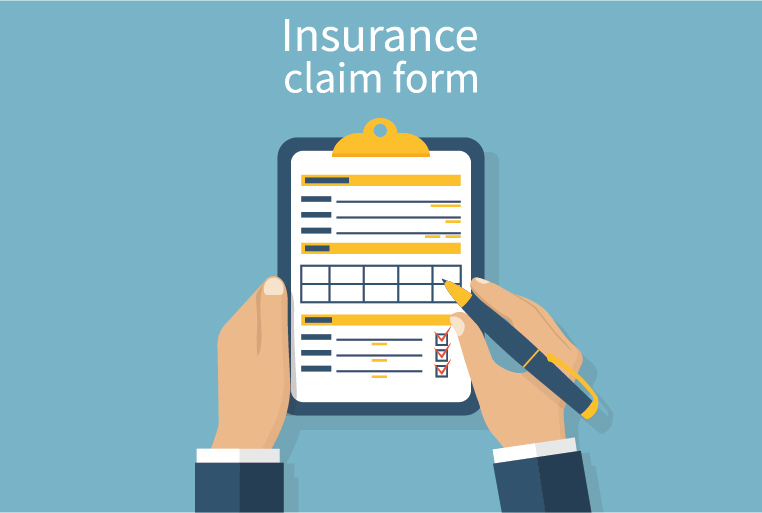Are straightforward claims too complicated?
Posted on 17 Aug, 21 by BrightRock

Every now and then we, at BrightRock, come across a claim where we think the conditions of a pay-out should be quite straightfor ward and simple, only to find that this is not the general industry view.
Below, is one recent example.
Clinical definition for cancer
Our 42-year-old client, John, was diagnosed with stage four oesophageal cancer.The cancer was very advanced. BrightRock paid him out a total of R41 million for permanent disability and additional expenses, once we had receivedthe paperwork confirming his diagnosis.With some of this money, John was able to seek treatment options overseas, which were unsuccessful. The money also ensured that he and his family were able to live comfortably in his last few months.
On the face of it, this was a very straightfor ward claim, as the diagnosis was clear. However, upon investigation we found that some insurers do not have a clinical definition for stage four cancer under permanent disability, and that only three out of seven insurers would have paid him out the way that we did. The other four would not have paid him anything at all, due to onerous claims criteria.
Here are some ofthe reasons why John’s claim would not have qualified for payment with some insurers.
Insurer one
For the first insurer, a pay-out would need to be based on cancer being the cause of a loss of function, and the ability of the person to do the normal activities of daily living. Insurer one stated that a client had to show a permanent ECOG status of three or four. ECOG is defined as, “A scale used to assess how a patient’s disease is progressing, assess how the disease affects the daily living abilities of the patient, and determine appropriate treatment and prognosis.
An ECOG status of three, which would result in only a 50% pay-out should the conditions be met, stipulates that 50% of the insured’s time must be spent in a bed or chair, where he or she was capable of only limited self-care. An ECOG status of four requires the patient to be totally confined to a bed or chair. John’s quality of life would, therefore, have to be incredibly poor to qualify, and had he got to that stage, he would in all likelihoodhave stopped working some time before a payment could be made. He would not have met the criteria for ECOG status three or four when he was diagnosed, and so he would have received no pay-out.
Insurer two
The second insurer bases a cancer pay-out on what cancer does to the body, in this case, “documented end-organ dysfunction or damage “.To receive a 50% pay-out under this section, the insured must have lost weight to such an extent that their BMI should be less than 16. With a BMI of 32 on the inception of his policy, and a height of 1.8 metres, John would have to be very ill for some time, before he could qualify for a payment, if ever.
Insurer three
The third insurer has a section for terminal cancer in its policies but do also include pay-outs based on how the cancer affects the body. For the terminal definition, however,the insured’s life expectancy should be no longer than 12 months. However,there is also a 90-day waiting period for the pay-out of all terminal cancer diagnoses. This means that, to claim, John would have to be sick enough to only live three to twelve months, but not so sick that he would die within the first three months.
The prupose of life insurance
So, a permanent disability claim for a straightforward stage four cancer diagnosis can still result in a complicated claim.
The purpose of life insurance is to assist people in their time of need. Our investigation of this claim suggests that our industr y still has far to go.
This article first appeared on page 90 of the FAnews August 2021 magazine and is attributed to Schalk Malan, BrightRock CEO.
Sign me up
Speak to your adviser, or sign up to have one contact you
Fill in your details, and we’ll have an accredited financial adviser contact you.
Want us to get in touch?
Fill in your details, and we’ll call you.
Want to report suspicious online activity?
We live in a digital world where information and data can be shared across the globe in a matter of minutes. With cybercrime on the rise, we want to help ensure you’ve got the tools to keep yourself safe and informed.
Call our 24-hour helpline on 086000 6335, manned by ODEK Technologies, if you’ve received a suspicious email, text message or email involving BrightRock. You can also email us at helpdesk@odek.co.za with the details of any suspicious online activity that you’ve come across. Please be sure to include your contact details in the email. We’ll then contact you, investigate and keep you updated on what we find. ODEK Technologies is BrightRock’s ICT partner.
Learn more about how you can stay safe online.